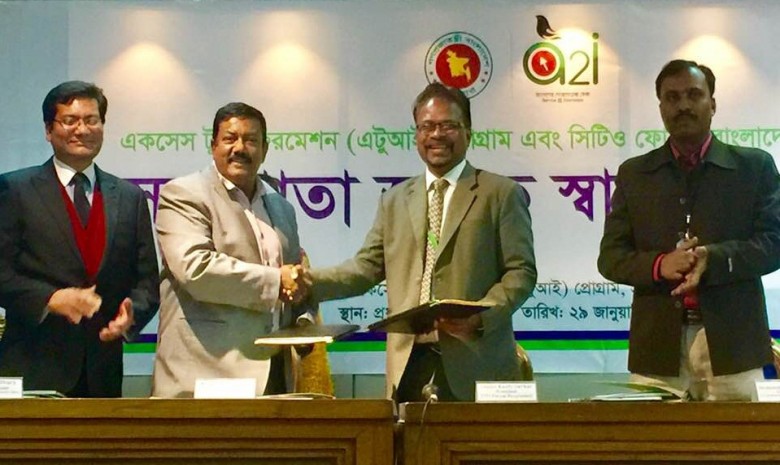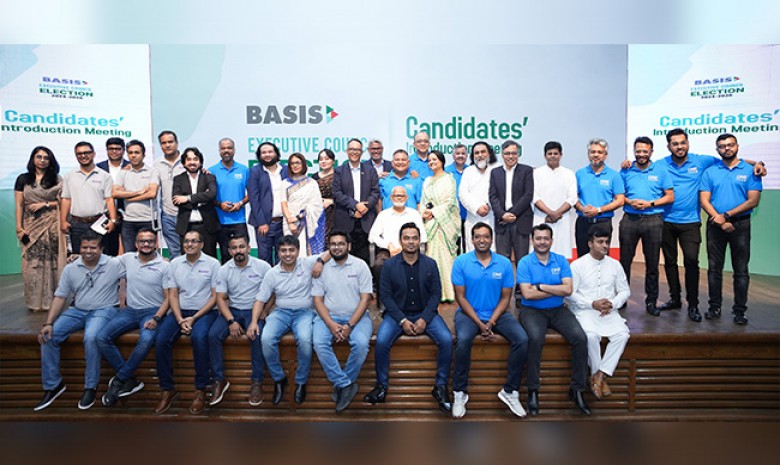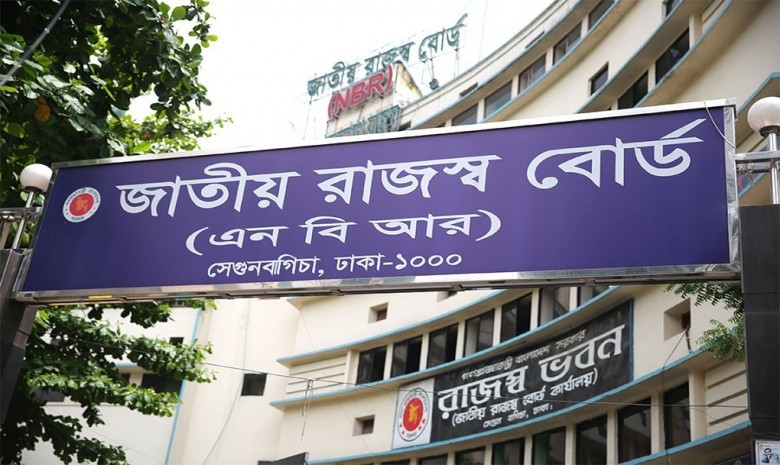The Bangladesh Internet Freedom Initiative Working Group (BIFIWG) today organized a consultation with journalists and media executives on the role of media in countering threats to internet freedom in Bangladesh. The event, held at a hotel in the capital's Gulshan, with the support of International human right organization ARTICLE 19, was attended by journalists and executives from print, electronic and online media.
In the meeting, the speakers emphasized on the use of fact-checking tools and appointing professional fact-checkers in every media house to prevent the spread of misinformation, disinformation, fake news and rumors online. They also called on media policy makers to train journalists in using digital technology for verification of information online.
Rased Mehedi, a member of the working group and president of Bangladesh Telecom Reporters Network, presented a paper on ‘The role of media in countering threats to internet freedom in Bangladesh.’ In the paper he emphasized that digital rights, freedom of information, the right to internet access, freedom from Internet censorship and net neutrality are crucial component of internet freedom. The media can play an important role in ensuring these rights in Bangladesh by providing accurate information, promoting the concept of internet freedom and making people aware of digital rights and security.
Sohrab Hassan, joint-editor of Prothom Alo said, ‘The fact cannot be concealed. People lose confidence in the media which provide false information. So the media have to be more careful while publishing news on a rush.
Faruq Faisel, regional director of ARTICLE 19 South Asia, said, ‘The freedom of the media and the internet are inseparable. The freedom of the media depends on a safe, non-discriminatory and free Internet system. But the Digital Security Act (DSA) threatens the freedom of both the media and the internet in Bangladesh.’
According to ARTICLE 19 data, the organization has recorded 225 cases filed under the DSA from January to November in 2021. Four hundred and seventeen people of different classes and professions have been charged in these cases, out of which 68 are journalists. During this period, 15 journalists have been arrested under this law.
In the event, Dr. Syeda Aireen Jaman, Barrister Syed Ejaz Kabir, Naznin Nahar and Taofiq Ahmed Shahin also spoke on behalf of the BIFIWG. Among others from journalists, Saleem Samad, Bangladesh correspondent of Reporters Without Borders, Bivash Barai, editor of online news portal BahanNews.com, Shaiful Islam Shohag, news producer of Channel 24, Ruhina Tasmini Anu, manager of research at Duronto TV, Zyma Islam of Daily Star, Muktadir Rashid Romeo of New Age, Taposhi Rabeya Ankhi, chief reporter at Daily Our Time, and Rabeya Baby of Ittefaq also spoke on the occasion
Total views: 2048

























